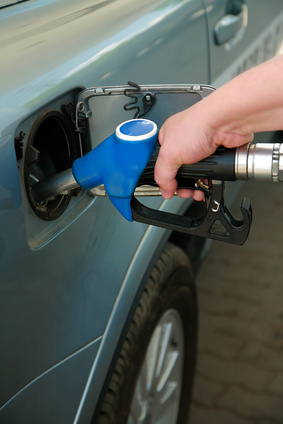
Some car manufacturers recommend that owners use premium gasoline, which costs more. But do you really need to pay the extra for premium, or will standard gasoline work just fine?
The octane rating given to different grades of gas is based on the ability of the additives in the gasoline to prevent pre-detonation, or spark knock, in which multiple flames detonate through the combustion chamber of the engine. Pre-detonation makes a pinging or knocking sound and can damage the engine. The higher the octane number, the less probability that pre-detonation will occur.
Cars built since the early 1990s have knock sensors, which are computers that adjust the piston timing of the engine to match the detonation of the gasoline as you drive. The knock sensors and the engine management systems that come with them protect engines from pinging and knocking.
Many models of cars will recommend premium gasoline with an octane level of 91 or higher but require only standard gasoline with an octane level of 87. Check your car's manual to see what grade of gas is recommended compared to what is required. No matter what, if a grade of gas makes your engine make a pinging or knocking sound, you should move up to a higher grade.